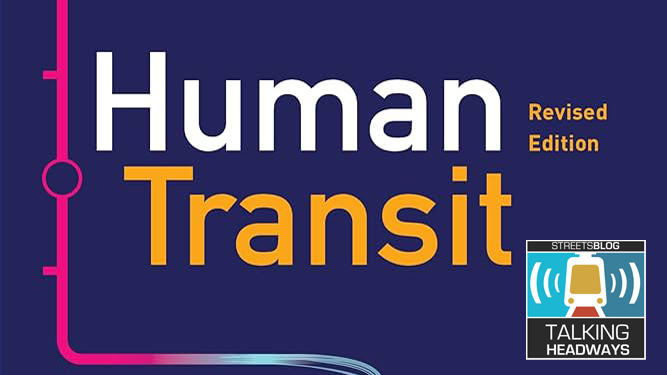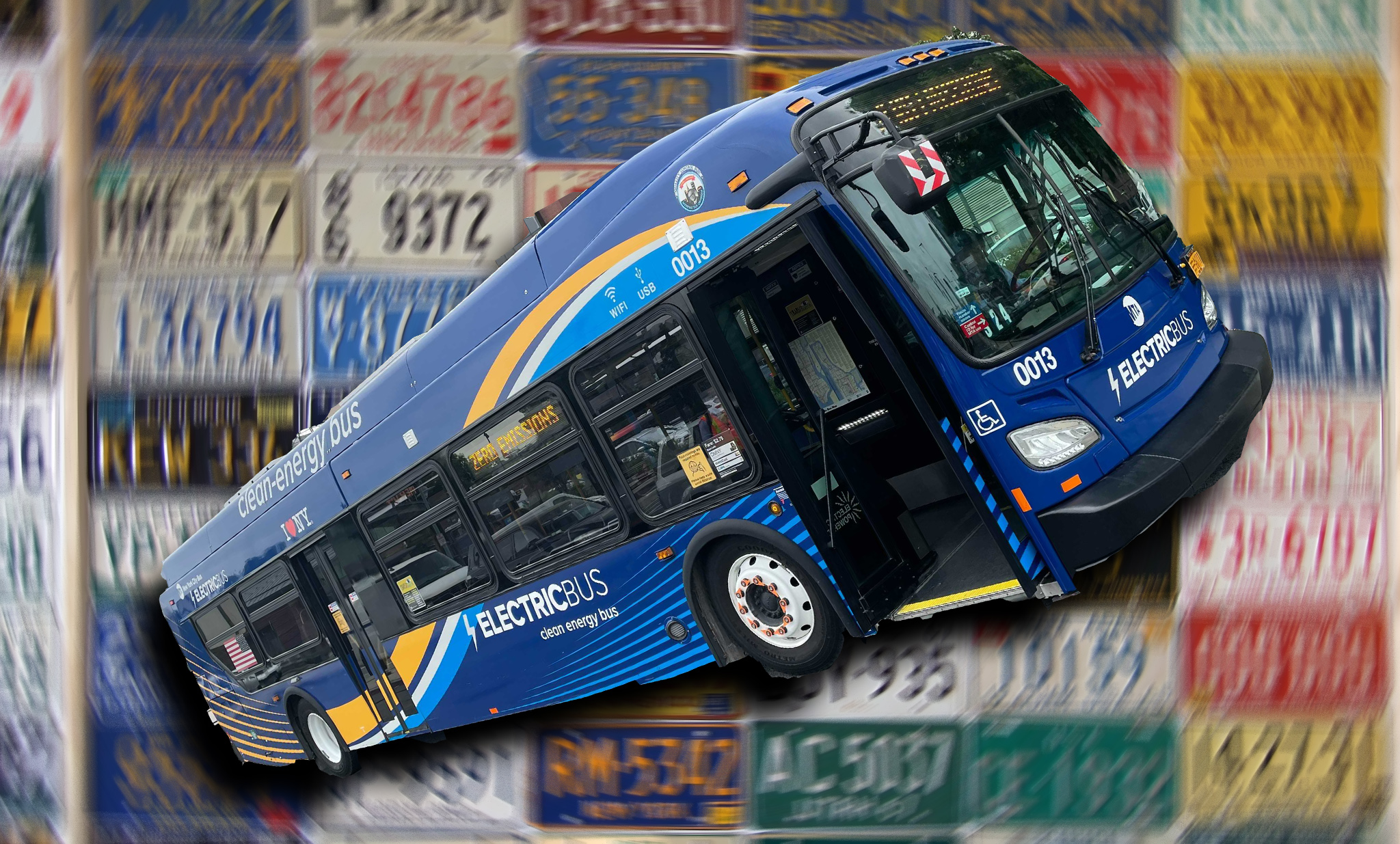Adonia Lugo is a co-founder of the Ciudad de Luces/City of Lights bike outreach project in Los Angeles and currently an anthropology doctoral student in Seattle. Today on her blog Urban Adonia, she reflects on the difference between a policy-based approach to bike advocacy, as displayed at the recent National Bike Summit, and her work to transform cultural attitudes about cycling:
The current strategy in bicycle advocacy is trying to convince powerful people (elected officials, corporate leaders) that getting more people on bikes is a good idea because bike projects have economic benefits. The main way they're working to demonstrate this is by using numbers: sales figures, the lower cost of bike infrastructure projects versus highway projects, the numbers of people on bicycles passing through major intersections or riding on bike paths. In a movement so convinced of the necessity of using numbers to make a case for bicycling, what can an activist ethnographer do?
Anthropologists often question taken-for-granted phenomena, looking for complexity in seemingly simple places. I started talking about how I'd noticed that so much of the effort of bicycle advocates and researchers was dedicated to showing that bicycling is a good thing, and that increasingly I've been more interested in talking to people who don't like bicycling. I realized that I was doing a typical anthropological trick in trying to use ethnography to show that some people think bicycling isn't a good thing.
I don't want to prove that bicycling is bad, I want to prove that people's ideas about what is good and bad can change. It's a starting point to asking different questions about advocacy strategies. The issue isn't that bikes have economic benefits; it's who gets to enjoy those benefits.
What it boils down to is this: we need to change our transportation habits. What needs to change first, the design of our streets, or the demands of our street users? Should we assume that the only way to change our transportation landscape is to engineer different streets? If people were clamoring for bike infrastructure, we wouldn't need to prove over and over and over that bicycling is a good thing. It would be a popular fact.
It's an interesting question. Do you think the mix between policy- and culture-based approaches to bike advocacy is out of whack?
Elsewhere on the Network today: The Political Environment reports that Wisconsin Governor Scott Walker -- a self-styled fiscal reformer -- has elected to increase the state's transportation (highways) budget 32 percent without adding any new sources of revenue. The Virginia Bicycling Federation shares a speech from the National Bike Summit that explains why Americans tend to overestimate the risks of biking, and underestimate the risks of not biking. And Greater Greater Washington says the alleged "war on cars" was already won in Washington, in 1992, by cars. GGW's David Alpert has the pictures to prove it.





